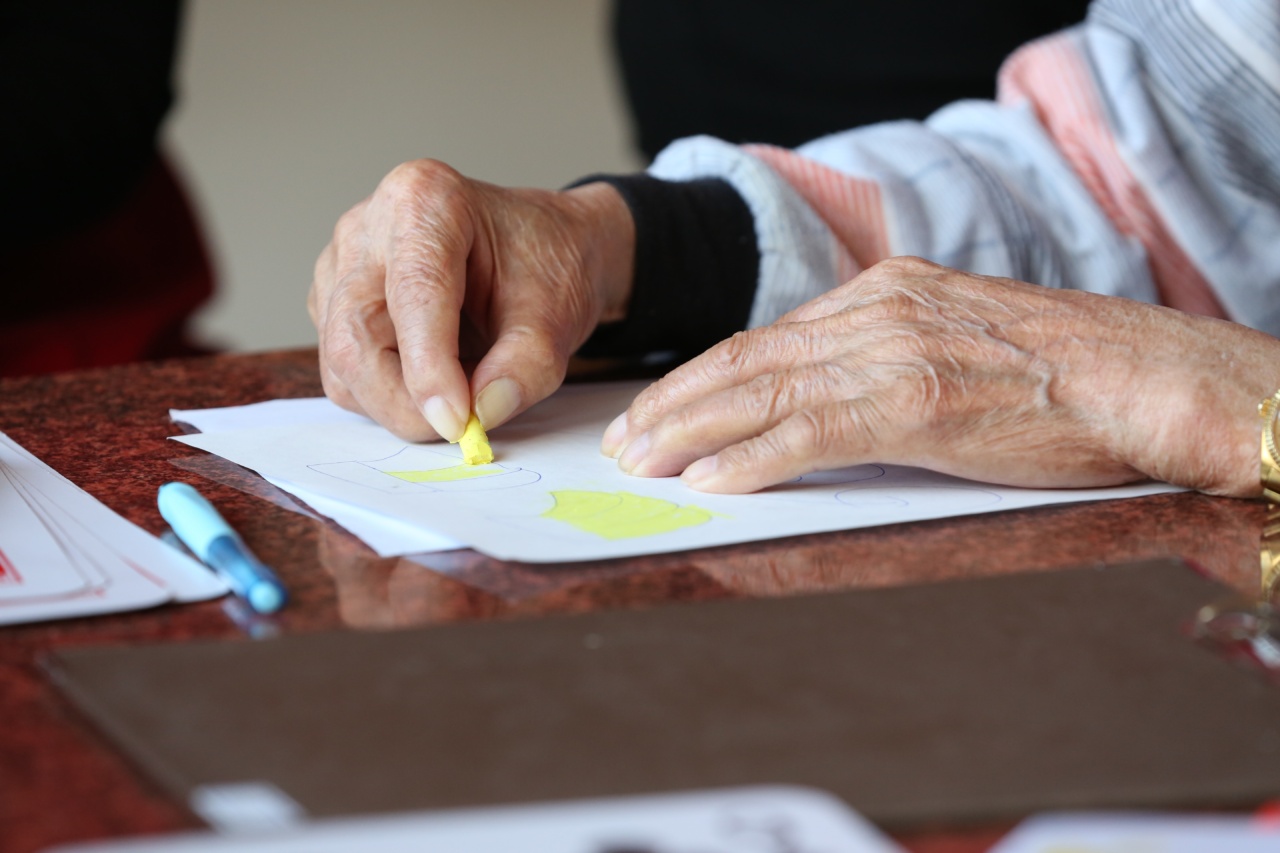Rheumatoid arthritis (RA) is a chronic inflammatory disease that primarily affects the joints. It causes pain, stiffness, and swelling, which can significantly impact a person’s quality of life.
While there is no cure for RA, there are several natural remedies that can help manage the pain and discomfort associated with the condition. In this article, we will explore some of these natural approaches to relieving rheumatoid arthritis pain.
1. Follow an Anti-Inflammatory Diet
Diet plays a crucial role in managing inflammation in the body. Following an anti-inflammatory diet can help reduce the severity of RA symptoms.
This involves consuming foods that are rich in antioxidants and omega-3 fatty acids while avoiding or minimizing processed foods, sugary snacks, and saturated fats.
2. Incorporate Turmeric into Your Diet
Turmeric is a spice with powerful anti-inflammatory properties. It contains a compound called curcumin, which has been found to help reduce joint inflammation and alleviate pain in RA patients.
You can add turmeric to your meals or even consume it in the form of supplements.
3. Maintain a Healthy Weight
Excess weight puts additional stress on the joints and can worsen RA symptoms. By maintaining a healthy weight, you can reduce the strain on your joints and potentially alleviate some of the pain associated with rheumatoid arthritis.
4. Regular Exercise
While it may seem counterintuitive to exercise when you’re experiencing joint pain, regular physical activity can actually help improve RA symptoms.
Low-impact exercises such as swimming, walking, and yoga can help increase joint flexibility, strengthen muscles, and reduce inflammation.
5. Hot and Cold Therapy
Applying hot or cold packs on the affected joints can help soothe pain and reduce inflammation. Warm showers and baths can also provide relief. Experiment with both hot and cold therapies to see which one works better for you.
6. Practice Mindfulness and Stress Reduction Techniques
Stress can worsen the symptoms of rheumatoid arthritis. Engaging in relaxation techniques such as deep breathing exercises, meditation, and yoga can help reduce stress levels and promote overall well-being.
Mindfulness practices can also help individuals cope with chronic pain.
7. Try Acupuncture
Acupuncture is an ancient Chinese therapy that involves inserting thin needles into specific points of the body. It has been shown to alleviate pain and improve joint function in individuals with rheumatoid arthritis.
While more research is needed, many RA patients find acupuncture to be a beneficial complementary treatment.
8. Get Sufficient Rest
Proper rest and sleep are essential for managing rheumatoid arthritis. Fatigue is a common symptom of RA, and getting enough rest can help replenish energy levels and reduce pain.
Establish a consistent sleep schedule and create a relaxing environment to promote better sleep hygiene.
9. Use Essential Oils
Some essential oils, such as lavender, eucalyptus, and peppermint, have analgesic and anti-inflammatory properties that can provide temporary relief from rheumatoid arthritis pain.
Dilute a few drops of essential oil with a carrier oil, such as coconut or almond oil, and gently massage it into the affected joints.
10. Consult with a Healthcare Professional
While natural remedies can be effective in managing RA pain, it is important to consult with a healthcare professional before trying any new treatment options.
They can provide personalized guidance and ensure that the chosen remedies do not interfere with any existing medications or treatments.































